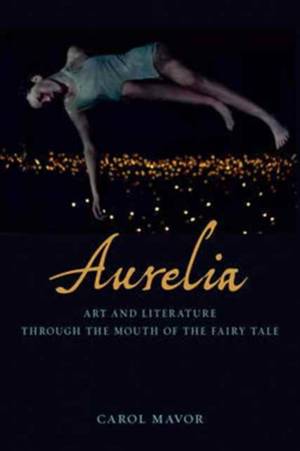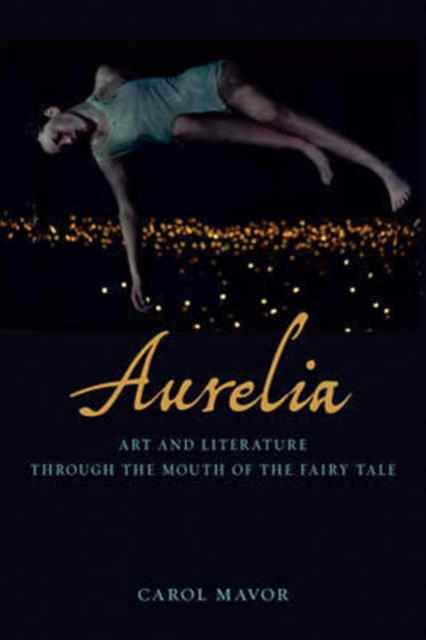
Bedankt voor het vertrouwen het afgelopen jaar! Om jou te bedanken bieden we GRATIS verzending (in België) aan op alles gedurende de hele maand januari.
- Afhalen na 1 uur in een winkel met voorraad
- In januari gratis thuislevering in België
- Ruim aanbod met 7 miljoen producten
Bedankt voor het vertrouwen het afgelopen jaar! Om jou te bedanken bieden we GRATIS verzending (in België) aan op alles gedurende de hele maand januari.
- Afhalen na 1 uur in een winkel met voorraad
- In januari gratis thuislevering in België
- Ruim aanbod met 7 miljoen producten
Zoeken
€ 50,95
+ 101 punten
Omschrijving
In eighteenth-century London butterfly collectors weren't known as lepidopterists--they were the Society of Aurelians, employing an old term that refers to that mysterious cask where beauty is divined: the chrysalis. As a twenty-first-century Aurelian, Carol Mavor, in this book, moves through the enchanted woods and flowered fields of our fairy-tale-telling history in pursuit of our most intricately laced and resplendently clad stories, in turn showing us how deeply fantasy, myth, nursery rhyme, and dream have influenced our wider art and culture. Mavor reawakens us with new insights through the stories that we have known since childhood. For example, when Alice stumbles upon a Wonderland cake marked "EAT ME" or when the witch dangerously lures in Hansel and Gretel with her delicious gingerbread house, Mavor uncovers eating as curious and obsessional. Yet, she also unearths magical enchantment in more surprising places. She discovers a tragic candyland in the poetry of 1950s genius child-poet Minou Drouet. She showcases a subterranean fairytale from the Ice Age in the cave paintings of Lascaux. She shows how the brown fairies that flit among the poems of Langston Hughes become a lesson in civil rights. And, perhaps most dramatically, she holds aloft Miwa Yanagi's photograph of Little Red Riding Hood and her Grandmother embracing within the cut-open belly of the wolf as a grisly allegorical work commemorating the victims of Hiroshima. With the haunting, melancholic rhythm of nursery rhymes, Mavor reads us the world of the fairy tale as our own world, full of trouble and dangers, but yet also full of heroes and magic, showing us where fantasy, literature, and our own social and political histories meet in the depths of our shared imagination.
Specificaties
Betrokkenen
- Auteur(s):
- Uitgeverij:
Inhoud
- Aantal bladzijden:
- 256
- Taal:
- Engels
Eigenschappen
- Productcode (EAN):
- 9781780237176
- Verschijningsdatum:
- 15/08/2017
- Uitvoering:
- Hardcover
- Formaat:
- Genaaid
- Afmetingen:
- 163 mm x 236 mm
- Gewicht:
- 916 g

Alleen bij Standaard Boekhandel
+ 101 punten op je klantenkaart van Standaard Boekhandel
Beoordelingen
We publiceren alleen reviews die voldoen aan de voorwaarden voor reviews. Bekijk onze voorwaarden voor reviews.









